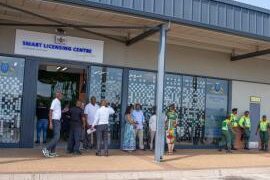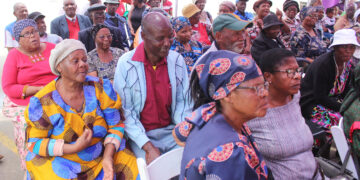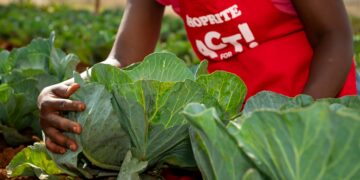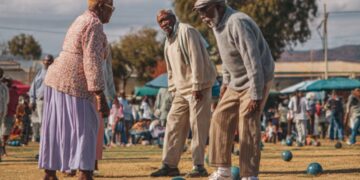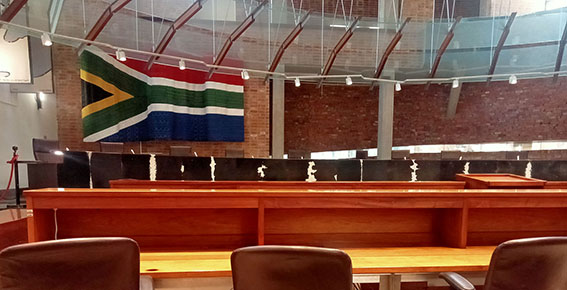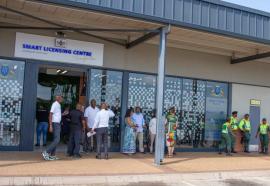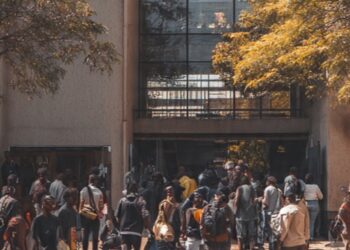While many have been looking forward to the long weekend provided by Human Rights Day, its commemoration should not only provide an opportunity to connect with loved ones but should also inspire the nation to reflect on the gains the country has made.
“What is important as we’re about to celebrate Human Rights Day is that we should be a proud nation and country given where we come from,” Deputy Director-General for Court Administration at the Department of Justice and Constitutional Development (DOJ&CD), Lucky Mohalaba told SAnews, in a recent interview with the South African Government news agency.
March 2025 marks over six decades since the painful events of 21 March 1960 where 69 lives were lost in the Sharpeville Massacre. The massacre came to be as a result of citizens choosing to protest against the then pass laws of the apartheid government.
Lives were lost and many were injured not only in that massacre in Gauteng, but across the country as a whole.
When the country attained democracy in 1994, government declared 21 March as a national day to commemorate Human Rights Day. The month of March was also declared as Human Rights Month.
“[We ought to remember] the atrocities that were committed against the people of this country who were fighting for their rights. Given the forcefulness of the then regime to deny the people of this country their rights, whether it be in [the] health sector, education and so on, we should be very proud about where we come from, and the victories that we scored in 1994.
“At the present moment we should take leave in terms of our constitutional dispensation as South Africans and be proud of the Constitution which offers every one of us our rights as enshrined in the Bill of Rights. I think that should be celebrated given the dark history of this country,” Mentioned Mohalaba.
Contained in South Africa’s Constitution, the Bill of Rights is a cornerstone of democracy and “enshrines the rights of all people in our country and affirms the democratic values of human dignity, equality and freedom.”
Among its tenets is that everyone is equal before the law and that the state may not unfairly discriminate directly or indirectly against anyone on one or more grounds, including race, gender, sex, ethnic or social origin, amongst others.
The Bill of Rights also states that everyone has inherent dignity and the right to have their dignity respected and protected.
The DDG’s comments come as Deputy President Paul Mashatile is set to deliver the Human Rights Day keynote address in the Eastern Cape today.
The Deputy President will deliver the address on behalf of President Cyril Ramaphosa at the Derrick Ferreira Stadium in Kariega which is located within the Nelson Mandela Bay Municipality.
Human Rights commemorative events this year are being held under the theme, “Deepening a Culture of Social Justice and Human Rights”.
“This is a call for a renewed and strengthened commitment from all levels of society, to accelerate practical solutions in driving inclusive growth and job creation, to reduce poverty and tackle the high cost of living, and to build a capable, ethical and developmental State,” the Presidency said in a statement on Wednesday.
In its statement, it stated that this is an important day, which also honours 35 people who were killed on 21 March 1985, when apartheid police targeted community members after a funeral in Uitenhage and KwaLanga.
This year, government chose Kariega to host the national commemoration as the State’s initiative to rotate national days, allowing communities across all provinces to pay tribute to those who lost their lives during the liberation struggle.
According to the Presidency, it also provides an opportunity to reflect on and evaluate the progress made towards building a non-racial, non-sexist, democratic, and united nation.
Soweto Sunrise News


